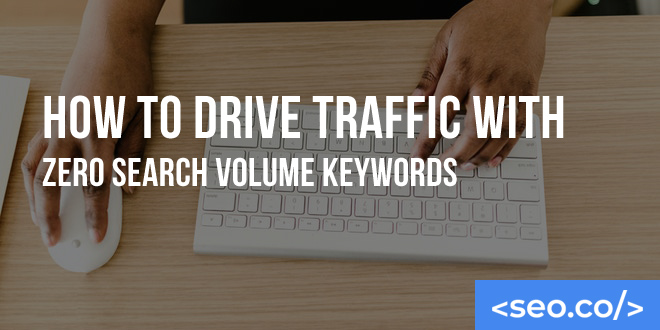
How to Drive Traffic with Zero Search Volume Keywords
The term search volume refers to the number of search queries Google gets for a
Industry veteran Timothy Carter is SEO.co’s Chief Revenue Officer. Tim leads all revenue for the company and oversees all customer-facing teams for SEO (search engine optimization) – including sales, marketing & customer success.
He has spent more than 20 years in the world of SEO & Digital Marketing leading, building and scaling sales operations, helping companies increase revenue efficiency and drive growth from websites and sales teams.
When he’s not working, Tim enjoys playing a few rounds of disc golf, running, and spending time with his wife and family on the beach…preferably in Hawaii.
Over the years he’s written for publications like Forbes, Entrepreneur, Marketing Land, Search Engine Journal, ReadWrite and other highly respected online publications. Connect with Tim on Linkedin & Twitter.

The term search volume refers to the number of search queries Google gets for a

SEO is a duality – there’s good SEO and bad SEO. Bad SEO is considered
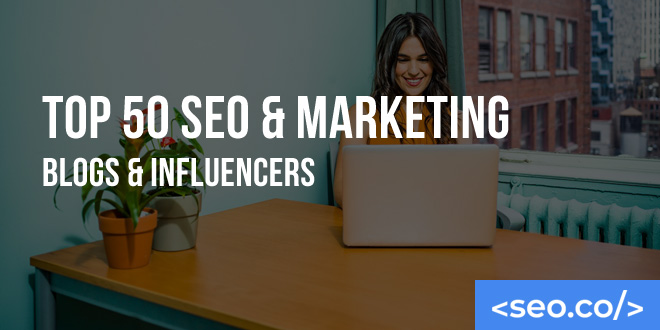
For busy Internet marketers, blogs long ago replaced any static news or information sources such
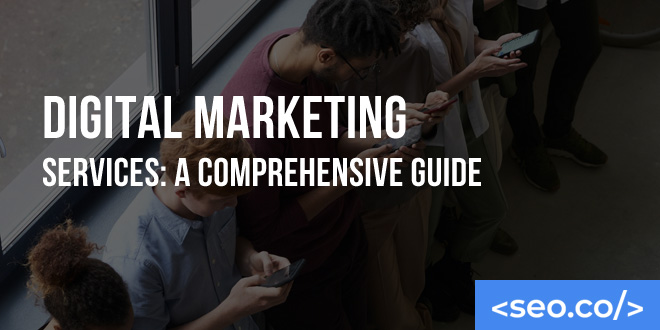
Consider this digital marketing guide an overview of marketing and how all of the dozens
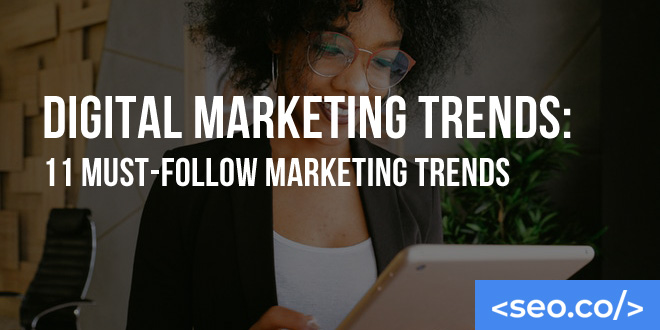
The same old digital marketing methods won’t work any longer. Drawing up a well-rounded campaign
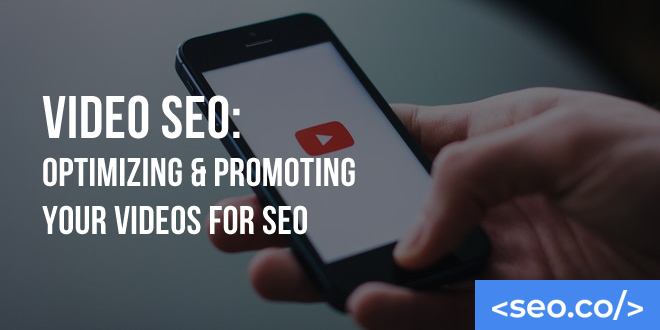
View these and many other free SEO training videos on our training page. Video content